
Recommendation
Which countries’ regulatory regimes are the most – and least – conducive to business growth? The 13th edition of the World Bank’s sovereign review provides the answers in a highly detailed qualitative analysis of 189 nations’ regulatory infrastructures. Useful for the sole entrepreneur and the multinational corporation alike, this report delivers a numerical ranking of each nation’s efficiency and quality of regulation compared to its international peer group. The analysis clearly indicates that countries with the most transparent and effective regulations – not those with the least amount of rules – have the most thriving commercial environments. getAbstract recommends that any business owner or executive looking to expand operations should delve into this thorough examination of business regulations around the world.
Summary
About the Author
The World Bank provides financial and technical assistance to developing countries.










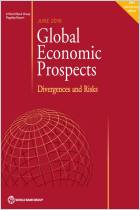

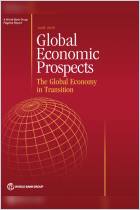
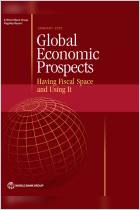


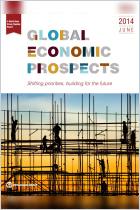
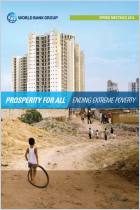
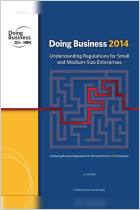

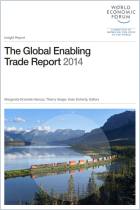

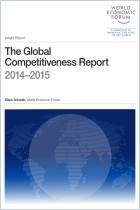



Comment on this summary